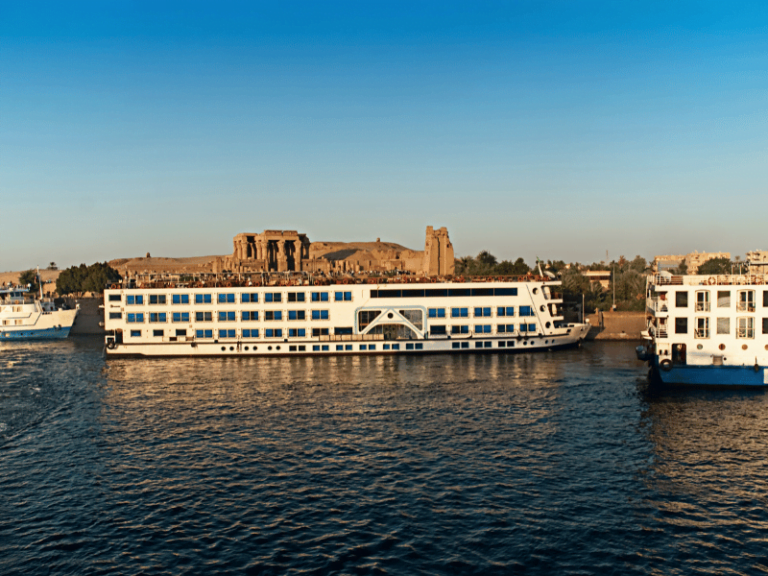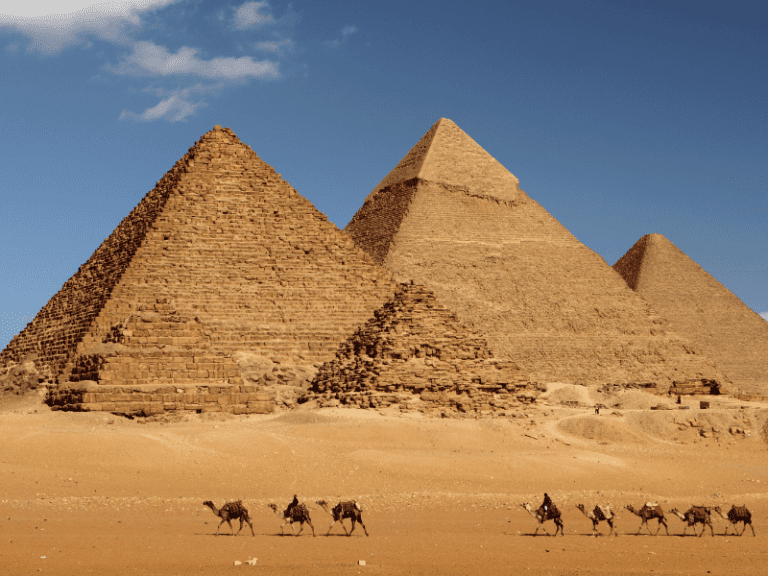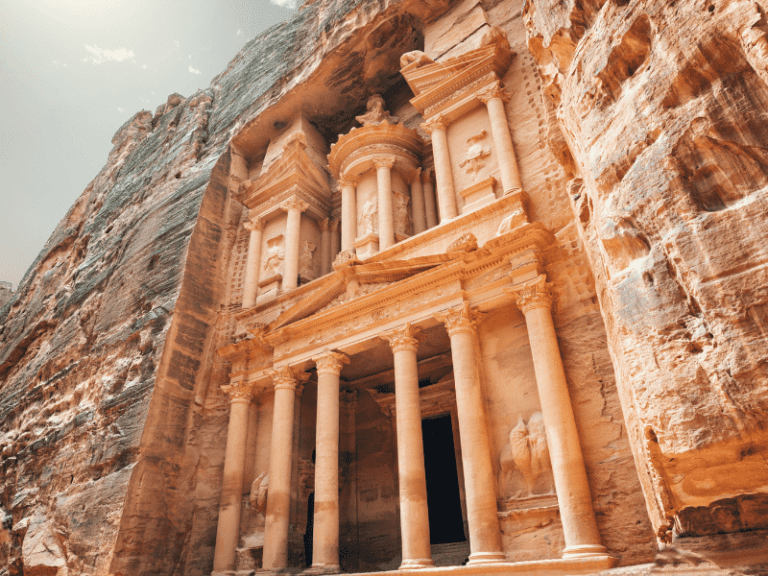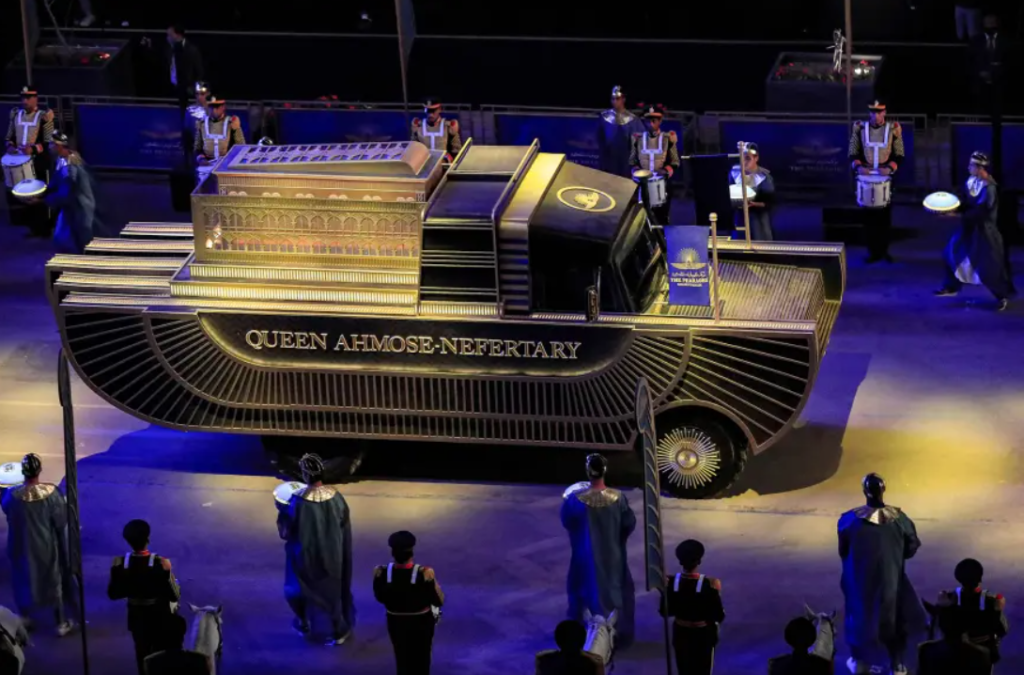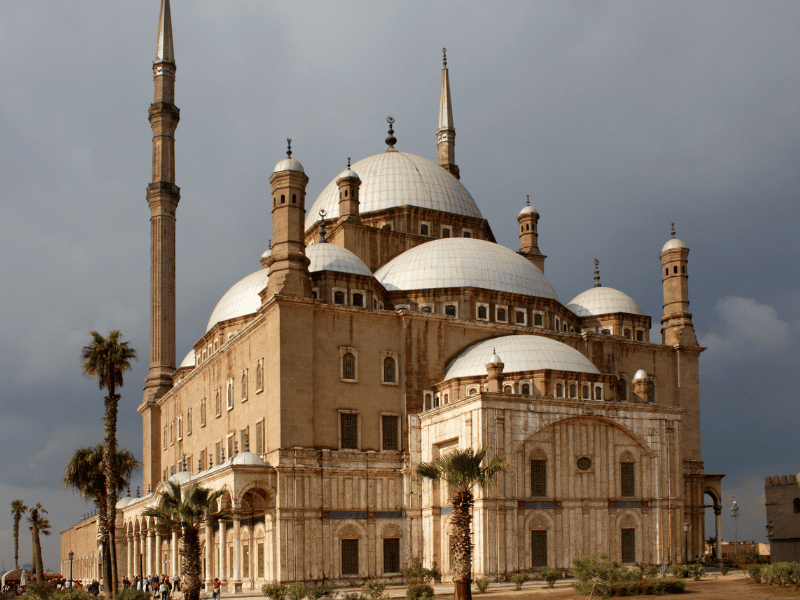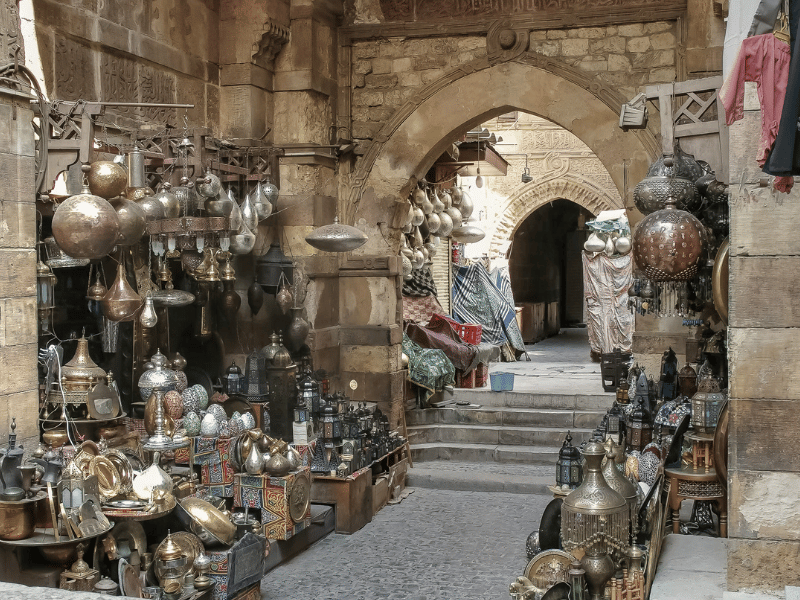Ancient Egyptian civilization is known for its monumental achievements in architecture, engineering, and art. But behind these impressive feats lay a complex and deeply spiritual worldview that guided the daily lives of its people. Ancient Egyptians had a rich philosophical tradition that influenced their understanding of the universe, life, death, and the divine. Their approach to life was not only practical but also deeply connected to their belief systems, which shaped their society, government, and religious practices. For modern-day travelers, exploring the philosophies and worldviews of Ancient Egypt offers a deeper understanding of this fascinating civilization.
The Concept of Ma’at: Harmony and Order
At the heart of Ancient Egyptian philosophy was the concept of Ma’at, which can be translated as “truth,” “justice,” or “cosmic order.” Ma’at was seen as the divine force that maintained balance in the universe, both on Earth and in the afterlife. It was believed that the stability of the world relied on maintaining Ma’at, and this principle extended to everything from governance to the laws of nature.
- Cosmic Balance: The Egyptians believed that the world was in a constant state of flux, and it was the responsibility of both the gods and humans to restore and maintain order. This was especially important in the face of chaos, which was often represented by the god Seth.
- Role of the Pharaoh: The Pharaoh was seen as the earthly representative of Ma’at, ensuring that the laws of justice and balance were upheld within society. The king’s rule was believed to reflect Ma’at, and a ruler who did not live in accordance with it could bring disorder to the kingdom.
- Afterlife Beliefs: Ma’at was also central to Egyptian beliefs about the afterlife. In the judgment of the dead, the heart of the deceased was weighed against the feather of Ma’at, symbolizing the soul’s purity and adherence to truth and justice.
Ma’at was not just a religious concept but a guiding principle for Egyptian society, influencing their social, political, and spiritual practices.
The Role of the Gods: A Polytheistic Universe
Ancient Egyptian philosophy was deeply tied to its polytheistic beliefs. The Egyptians believed in a vast array of gods and goddesses who governed different aspects of life, nature, and the cosmos. These deities were not just worshipped; they were understood as active forces in the world, with human beings required to maintain harmony with them.
- Gods as Forces of Nature: Many Egyptian gods personified natural forces, such as Ra, the sun god; Osiris, the god of the afterlife; and Geb, the god of the earth. The Egyptians believed that everything in life, from the flood of the Nile to the rising of the sun, was a manifestation of divine power.
- Divine Order: The gods were believed to be responsible for maintaining order in the universe. The gods were also seen as embodiments of Ma’at, ensuring that the laws of the universe were preserved.
- Humanity’s Relationship with the Gods: Egyptians believed that it was their duty to appease the gods and maintain harmony with them. This relationship was reinforced through rituals, prayers, and offerings, and it was thought to ensure the continued prosperity of the land.
The Egyptians’ reverence for their gods was not only spiritual but practical, as it was believed that the well-being of the nation depended on maintaining good relations with these divine forces.
The Afterlife: Continuity and Rebirth
One of the most intriguing aspects of Ancient Egyptian philosophy was its view of the afterlife. Egyptians believed that death was not the end but rather a continuation of life in another realm. Their philosophies about the afterlife were deeply connected to their ideas of rebirth, continuity, and cosmic order.
- The Journey of the Soul: Egyptians believed that after death, the soul embarked on a journey to the afterlife. This journey was fraught with challenges, and the deceased needed the help of spells and rituals to navigate it. The ultimate goal was to reach the Field of Reeds, an idyllic paradise where the deceased could live in peace.
- Judgment of the Dead: The weighing of the heart was one of the most important philosophical aspects of the afterlife. In this judgment, the heart of the deceased was weighed against the feather of Ma’at, and if the heart was found to be lighter than the feather, the person was granted eternal life. If it was heavy with sin, the soul would be devoured by the monster Ammit.
- Rebirth and Resurrection: The Egyptians saw death as a form of rebirth, mirroring the annual flooding of the Nile, which brought life to the land. The idea of resurrection was also central to the myth of Osiris, who was killed and brought back to life, symbolizing the eternal cycle of life and death.
This focus on rebirth reflects a worldview that saw death not as an end, but as a transformation that was part of a greater, continuous cosmic cycle.
Wisdom and the Role of the Scribe
In Ancient Egypt, wisdom was highly valued, particularly knowledge of writing and the ability to interpret the divine. The scribes, who were educated in reading and writing, played a crucial role in society. They were seen as the intermediaries between the gods and humans and were responsible for recording and preserving knowledge.
- The Wisdom Texts: The Egyptians had a rich tradition of wisdom literature, which included maxims, proverbs, and instructions on how to live a righteous life. These texts often focused on values such as honesty, humility, and respect for the gods.
- Role of the Scribe: Scribes were highly respected members of society, as they held the power to write the sacred texts that upheld the laws of Ma’at. They were responsible for recording everything from religious rituals to the affairs of the state.
- Philosophical Teachings: The teachings of wisdom literature emphasized the importance of living a balanced life and maintaining harmony with the divine. They encouraged people to act with integrity and align their actions with the cosmic order.
The Egyptians’ reverence for wisdom and knowledge played a significant role in shaping their society, ensuring that each individual contributed to the stability and prosperity of the kingdom.
Dualism: The Balance Between Opposites
Ancient Egyptian philosophy embraced dualism, the idea that opposites must exist in balance to create harmony. This is reflected in the way Egyptians viewed the natural world and their gods. They understood life through the lens of opposites: light and dark, male and female, order and chaos.
- Ra and Osiris: The gods Ra and Osiris represented two opposing forces—Ra was the sun god, symbolizing life and light, while Osiris represented the afterlife, death, and rebirth. Together, they encapsulated the eternal cycle of life, death, and renewal.
- Balance in Nature: Egyptians believed that life could not exist without its opposite. Just as the sun must set to allow for the night, death must precede rebirth. This dualistic thinking was central to their understanding of the cosmos and their place in it.
This emphasis on balance and harmony between opposites is a key element of Ancient Egyptian philosophy, influencing everything from religion to governance.
Conclusion: Ancient Egyptian Philosophy’s Enduring Legacy
Ancient Egyptian philosophy offers a profound and holistic view of the world, where harmony, order, and balance were fundamental to understanding both the physical and spiritual realms. From their belief in Ma’at to their understanding of the afterlife, the Egyptians created a worldview that sought to connect humanity with the divine and maintain cosmic balance. For modern travelers, exploring Egypt’s ancient temples, tombs, and monuments offers a unique opportunity to connect with this fascinating philosophical tradition. Travel Joy Egypt offers guided tours that immerse visitors in the cultural and philosophical heritage of this extraordinary civilization.






